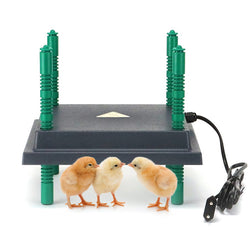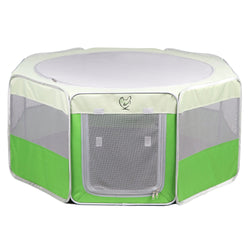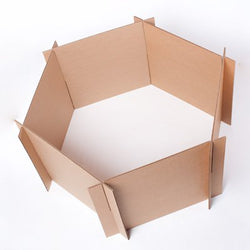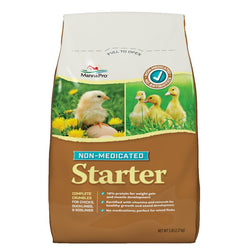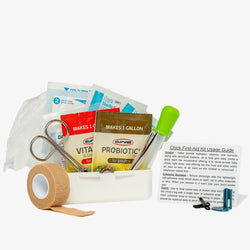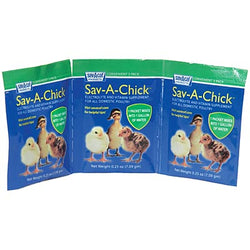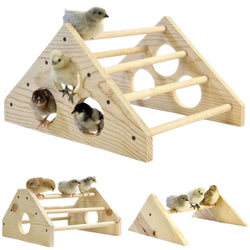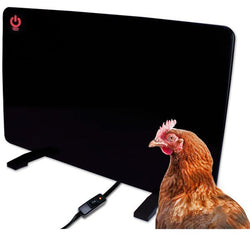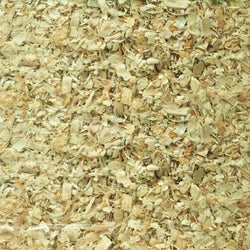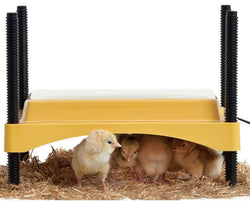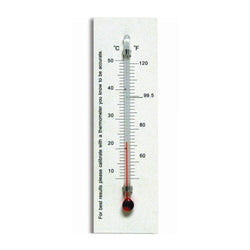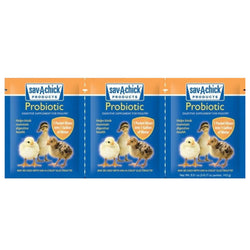How To Keep Chickens Warm in Winter: 7 Ways to Help Your Flock.
Back to blog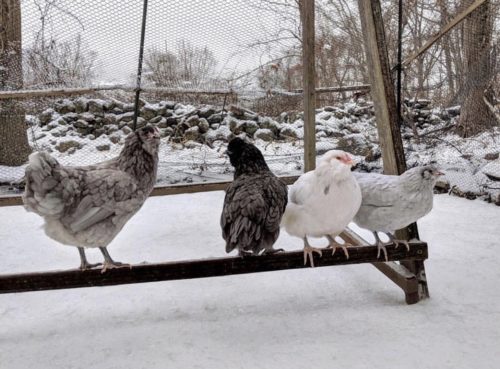
Honey, it's cold outside!
Chickens can take the cold better you would think, and in most cases don't require heating at all. We know you're worried about how to keep chickens warm in winter, but for the most part, you don't need to. Read about how to know when to — and when not to — heat your chickens.
Still, there are a few things you can do to keep your chickens more comfortable in winter, especially those very young and senior chickens.
If you'd like to review our past winter preparation top 10 list, it has some wonderful options we'll build on in this post. Our winter list is here.
Worried about how to keep chickens warm in winter? They need less help than you think.
7 ways to keep your chickens comfortable in winter:
- Add a radiant, flat-panel heater to create a warm bubble somewhere in the coop. It won't heat the entire coop, but it will be a spot the chickens can use to get out of a bad freeze situation on the worst of days. This is also much safer than a heat lamp which has a nasty habit of starting fires. So many new options have come out during recent years.
- Add a regulating thermostat like the TemproSTAT to your radiant heat system. This ensures heaters come on and stay on during the coldest temperatures and turns them off when temps increase.
- Rub frost-preventing salve into combs and wattles. This is especially important for breeds with large combs and small bodies. Do this before any major drop in temps, or a couple of times a week in the cold months. Also, apply it to bald spots for those late molters to prevent chapping on their delicate skin.
- Ward off the sniffles with our best-selling supplement, RopaPoultry Oregano Oil+. It can especially help special needs or senior hens in your flock. It's what Purdue, Bell & Evans, and other major producers use to keep their flocks antibiotic-free and organic!
- Secure drafts and make sure vents work correctly. Drafts could cause winds whipping into the coop, preventing your birds from being able to trap heat under their fluffed-up feathers. On the other hand, you do need ventilation: moisture build-up causes frostbite on combs and wattles. If vents aren't properly placed in your coop, they can aim cold gusts where your birds roost. On the worst of nights, you can close a vent for the evening and open it again in the morning. The vents do need to open over the winter though to make sure you don't get moisture or ammonia build up though.
- Make sure your flock has access to fresh water throughout the day. Just like humans, chickens will die quickly without it. Chickens can go into a forced molt in as little as a day without water — and you don't want that in winter! Whether you run a freshly-boiled kettle out to your coop all winter long to top off waterers with hot water, or you heat your waterer electrically.
-
Double-check your predator protection. In winter, predators are extra hungry since food is scarce. Creatures that have been lurking around may have chosen easier food options over the summer and fall months but may be searching for a way to get to your flock now those easy meals are gone. In addition, your chickens may be more easily spotted from above when they're walking on a fresh blanket of snow.
So, check that your coop is secure from top to floor. Upgrade any questionable hardware at your main access points. Reinforce any loose siding or roofing. Investigate your coop's run area, or your yard fencing if you let your birds free-range. Critters are more likely to climb or dig to get to your birds day and night. If you've been thinking about replacing any fencing or adding an electrified fence, now is the time.

Though you don't need to worry too much about how to keep chickens warm in winter, special needs birds, juveniles and senior birds will benefit from some extra attention and care. We have prepared a category of just the items that will help your whole flock get through the winter, here.
Whether you're in Canada, Missouri or Texas it's always good to be prepared for the season. How was your first winter keeping chickens? Can you share your tricks or tips to help other chicken keepers get their flocks through the winter?

